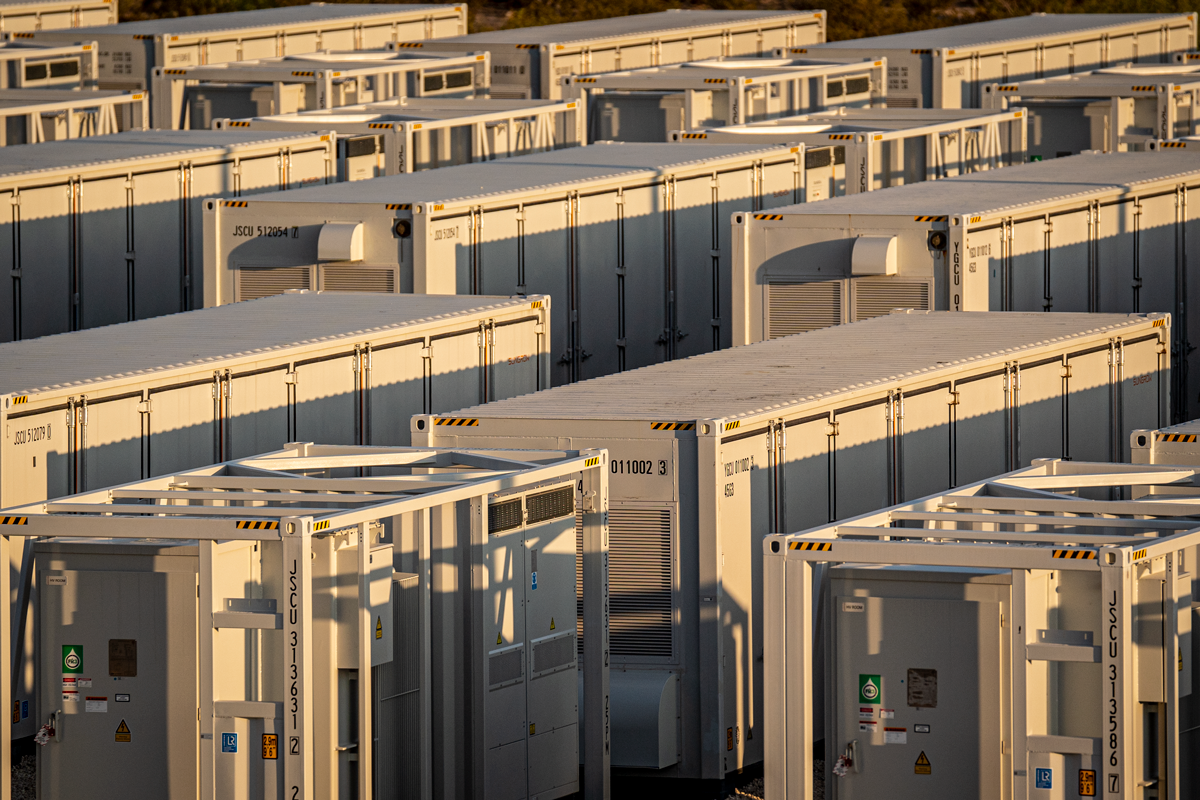LyondellBasell's Patel Talks Industry Trends, Curbing Plastic Waste at Petrochem Event
Published Mar 03, 2020 by A.J. Mistretta
Houston has long been a dominant player in the petrochemical industry, thanks in large part to the region’s access to feedstocks and the ability to transport the end products to customers via the Houston Ship Channel. Roughly 44 percent of the nation’s base petrochemical manufacturing capacity is in the Houston area and about $50 billion in petrochemical plant projects have been recently completed or are underway in the region.
With nine production sites employing more than 8,100 workers along the Gulf Coast, LyondellBasell Industries is one of Houston’s largest petrochemical operators. The $35 billion company is one of the largest plastics, chemicals and refining companies in the world with more than 19,000 employees.
LyondellBasell CEO Bob Patel was the keynote speaker at the Partnership’s 2nd annual State of Houston’s Petrochemical Industry event on March 3. Patel spoke about sector trends and efforts to curb plastic waste worldwide in his remarks and in a follow-up conversation with Partnership Vice Chair Amy Chronis. Here are a few key takeaways from the event:
A Fundamental Sector
The petrochemical industry as a whole makes plastics and other products that are fundamental to modern life, Patel said. “Over the next decade our world will need solutions the industry provides for clean water, better healthcare and reduced emissions,” he said.
Emerging Forces
Megatrends that have guided the trajectory of the industry in recent years remain relevant, specifically urbanization, the rising middle class, and growing demand in major emerging economies such as China and India. But Patel said the industry is undergoing an unprecedented era of disruption coming from four emerging forces: globalization, digitization, environmental footprints and plastic waste.
Advantages and Drawbacks of a Connected World
"Globalization has been a net positive for the industry. We have been able to open new markets, which has created an untold number of jobs, including over 1.3 million jobs at the Port of Houston,” Patel said. But globalization also comes with risks, from vulnerability to trade wars to the effects of a global pandemic like we’re currently seeing with the COVID-19 coronavirus.
Addressing Waste
LyondellBasell is currently developing new approaches to reduce emissions and improve energy efficiency in an effort to reduce its overall environmental footprint. Patel said the plastics industry often gets criticized for creating materials that needlessly end up in the environment. “Plastics are not the issue, plastic waste is,” he said. “And we have to work to ensure that waste doesn’t make it to our oceans.”
Leading on Solutions
LyondellBasell was one of the founding member companies of the Alliance to End Plastic Waste, which focuses on infrastructure development to collect and recycle plastics, education, clean-up of waste already in the environment and innovation to scale new technologies to improve the efficiency of reusing plastic waste. Dozens of companies have joined the alliance since it launched in 2019.
Growth in the Region
Patel said LyondellBasell’s large existing presence in the Houston region, coupled with its extensive pipeline network, make this the most likely place for future expansion of U.S. operations. “This is the place we want to build partly because of Houston’s identity as a hub and the capacity of the Houston Ship Channel.”
Tomorrow's Workforce
As petrochemical operations across the region continue to expand, workforce development becomes increasingly critical, Patel said. While there remains a shortage of skilled welders, electricians and construction workers needed to build and operate plants, he said he’s encouraged by industry partnerships with the region’s community colleges including San Jacinto College and programs like the Partnership’s UpSkill Houston initiative aimed at helping close the workforce gap. “What we hear from millennials is that they want to change the world and solve the big problems,” Patel said. “My message to them is that our industry has the biggest challenge—solving the plastic waste issue…For those who want to be at the center of solving problems, I think this industry has an abundance of opportunity.”
Learn more about the region's petrochemical industry in Houston Facts and get additional details on the broader energy and manufacturing industries.
 The Houston Report
The Houston Report



















